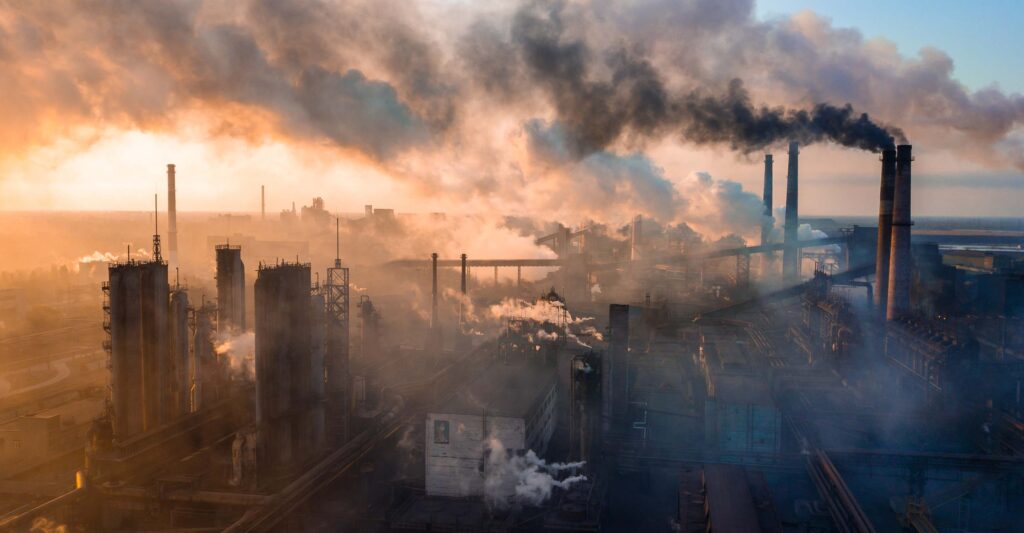
A new study by Nanyang Technological University (NTU) in Singapore reveals a significant link between air pollution and premature deaths.
Researchers estimate that fine particulate matter (PM2.5) caused roughly 135 million premature deaths globally between 1980 and 2020.
The study, published in the journal Environment International, highlights the dangers of PM2.5, tiny particles that enter the bloodstream when inhaled.
These particles come from vehicle and industrial emissions, as well as natural sources like wildfires and dust storms.
The research identifies Asia as the region most affected by PM2.5 pollution, with over 98 million premature deaths attributed to it. China and India lead the continent in these fatalities.
Other Asian countries like Pakistan, Bangladesh,Indonesia, and Japan also reported significant numbers, ranging from 2 to 5 million deaths each.
This extensive 40-year study sheds light on the broader impacts of air pollution on health.
“Our findings demonstrate that climate patterns can worsen air quality,” explains lead researcher Steve Yim, an associate professor at NTU’s Asian School of the Environment.
“Specific climate events like El Nino can elevate pollution levels, potentially leading to more premature deaths from PM2.5 exposure.”
Yim emphasizes the importance of considering climate patterns when tackling air pollution to safeguard global health.
The research team used satellite data from NASA to assess particulate matter levels in the atmosphere, along with mortality statistics from the US-based Institute for Health Metrics and Evaluation, and weather data from the National Oceanic and Atmospheric Administration (NOAA).
While this study focused on existing weather patterns, Yim acknowledges climate change’s potential impact on air pollution, which will be explored in future research. Researchers from universities in Hong Kong, Britain, and China also contributed to this significant study.




